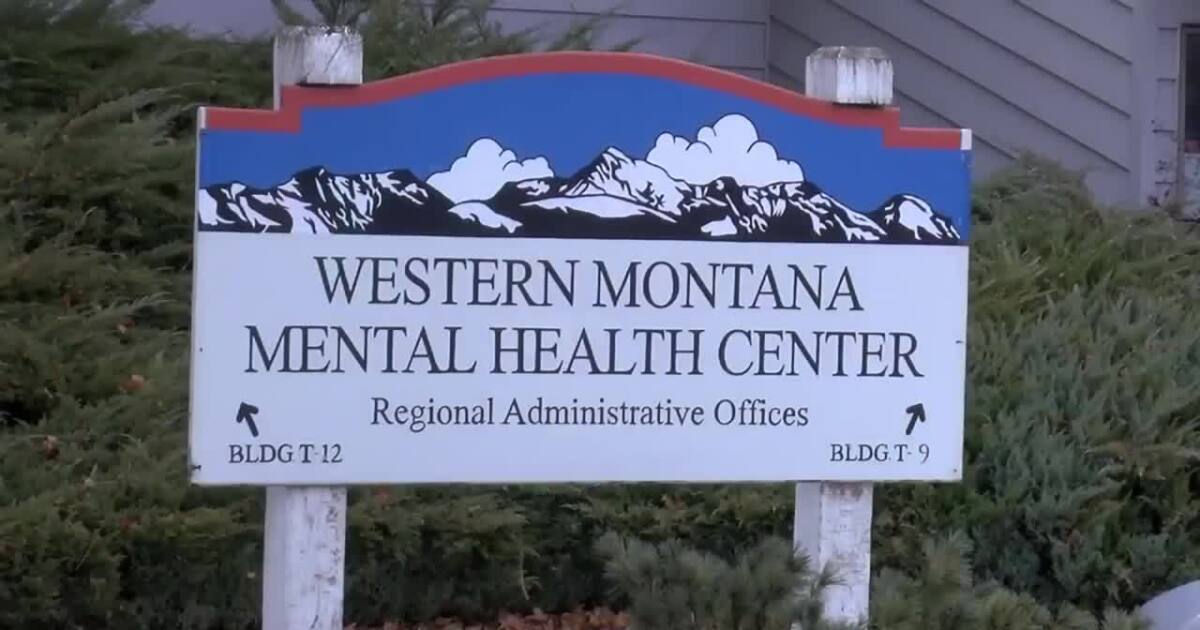Bipartisan efforts to address a mental health care crisis in Montana are nearing the finish line in the Montana Legislature.
“Both sides agree that things have gone really bad since around 2017. Our publicly funded mental health system is truly in shambles. While we may or may not agree on how to rebuild it, both parties seem to agree that we have to do it,” said NAMI Montana Executive Director Matt Kuntz.
Aspects of the fractured state system have grown due to budgetary decisions made during the legislature and the 2017 special session.
In 2017, the Montana Legislature cut state and matching federal dollars from the state’s public health budget by $200 million.
This has virtually eliminated community case management for people with severe and disabling mental illnesses and substance use disorders.
MTN interviewed several providers, case managers and budget experts at the time who predicted heavy consequences for people needing case management.
Montana Budget and Policy Center executive director Heather O’Laughlin predicted at the time that the cost of caring for people with disabling mental illnesses would become more expensive over time after the elimination of community case management.
“These cuts are going to have a ripple effect in communities and long-term implications,” O’Laughlin said in 2018.
The Western Montana Mental Health Center has contracted in recent years, closing rural services and satellite offices and eliminating positions.
Case managers told MTN in 2017 that they faced immediate backlash when their positions were on the chopping block.
“I had a client who, because of this news, attempted suicide. Not successful, but it’s only the beginning. I don’t know how many others. I have people who come into crisis, calling me, freaking out, how am I going to get to the doctor, how am I going to get to this…I don’t know who’s going to do this. I don’t know what to tell them,” said former assistant Lisa Leon. Social of WMMHC.
WMMHC’s longtime CEO, Paul Meyer, returned to the organization at the time to serve as interim director. He told MTN in 2018 that decades-old community care would be devastated by the cuts.
“I think they didn’t think about the consequences of what they were doing. They are decimating some of the community elements that have been in place for decades that have been the foundations of the community support system, and when you take that away from people you inevitably create chaos in the system, and those cuts have done that,” , Meyer said.
Mary Windecker was also at Western Montana Mental Health Center several years ago. She anticipated the fallout and high costs to state systems that Montana is currently experiencing.
“Targeted case management, home support services, day treatment, outpatient substance use disorder were cut, there were just a lot of things cut from the budget that kept people from getting treatment and be stable. So during this time we saw a 30% increase in acute care admissions,” Windecker said.
She now heads the Behavioral Health Alliance of Montana and says the 2023 legislative session was historic for mental health funding efforts, helped by the state’s massive $2 billion budget surplus. before the session.
“If there’s a silver lining to this cloud, it’s that it can no longer be ignored. The impacts in every community, in every sector of the community, all over the world, mental health and addiction were there for everyone. Finally, acknowledging even the most tax-conservative legislators is something that needs to be done. We need to start treating these people,” Windecker said.
The Montana legislature is weighing several costly proposals.
Republican Rep. Bob Keenan of the Big Fork has been tasked with creating a measure to spend $300 million earmarked by Gov. Greg Gianforte in the state budget proposal to fund behavioral health.
“$300 million is a lot of money. What we’ve really tried to do is put these guardrails on it so we can show the Legislature and the people of the state of Montana that this is an honest and genuine commitment to the future,” Keenan said.
Other efforts include creating a constitutional amendment to create a mental health care trust. This push is led by USMC veteran and Republican Senator from Miles City, Ken Bogner.
“It became very important to me…to be in these two communities, the cowboys, the marines and the very Montana ethos of stoicism and working hard to get the job done. It’s great, but we have a behavioral health crisis in Montana that has led to one of the highest suicide rates in the country I wanted to do something so that we don’t have to come to every session and debate how much we should be giving to mental health and what programs…and that’s where the constitutional amendment came from,” Bogner said.
Democratic Rep. Mary Caferro of Helena is carrying a measure that would increase Medicaid reimbursement rates to providers to support community care in Montana, including behavioral health. The measure is at the Senate Finance and Credentials Committee.

